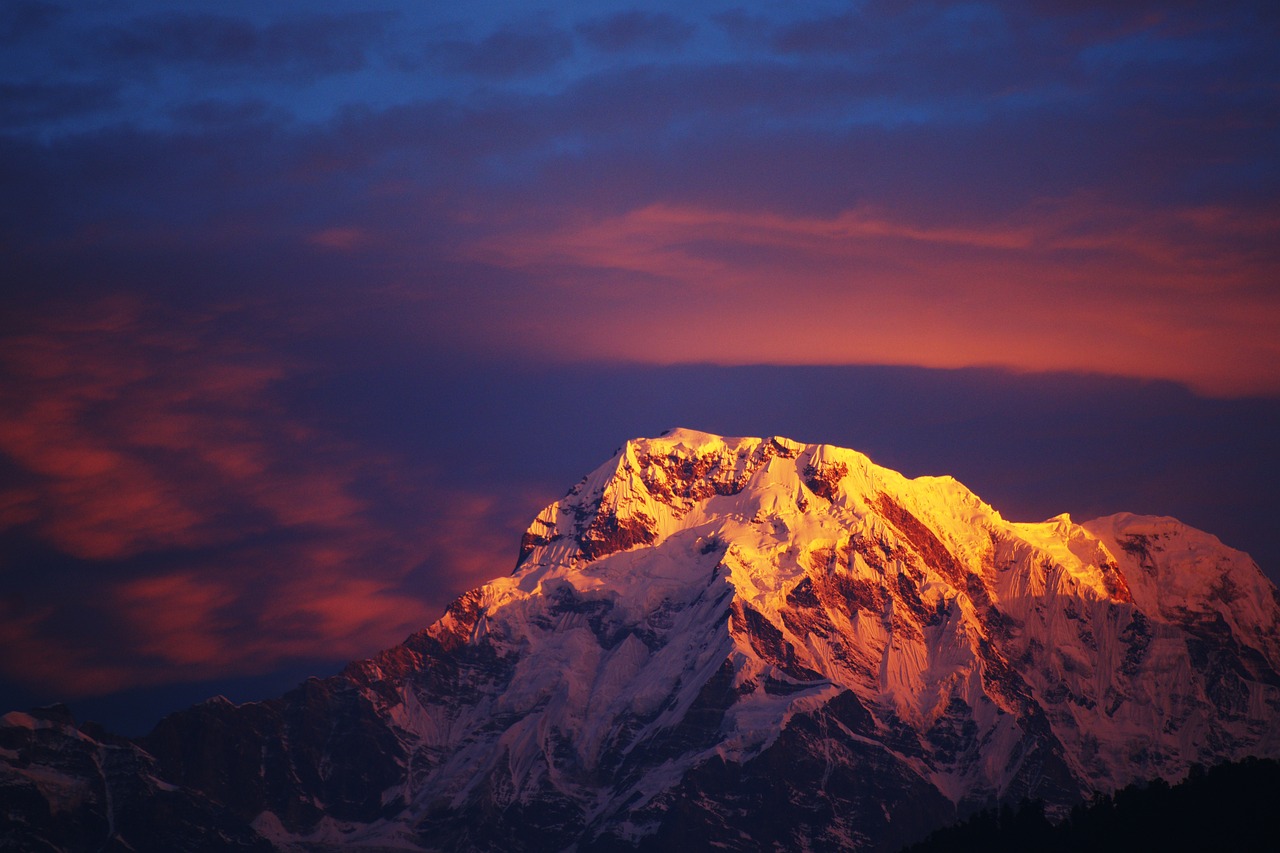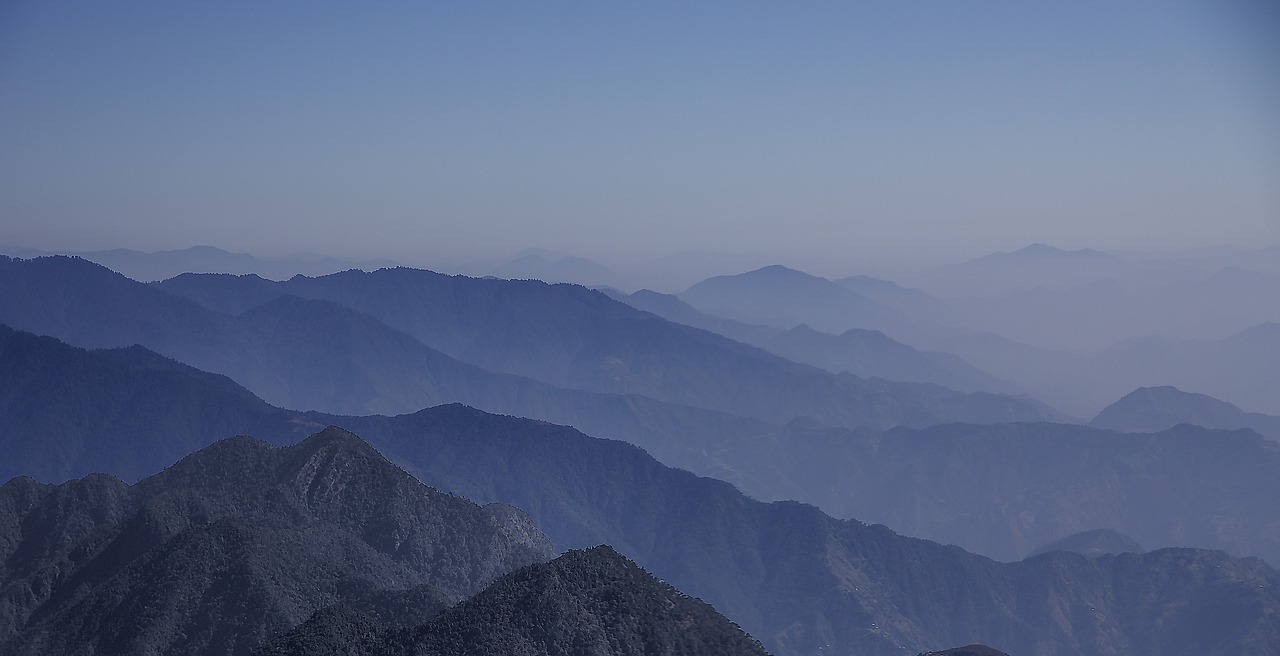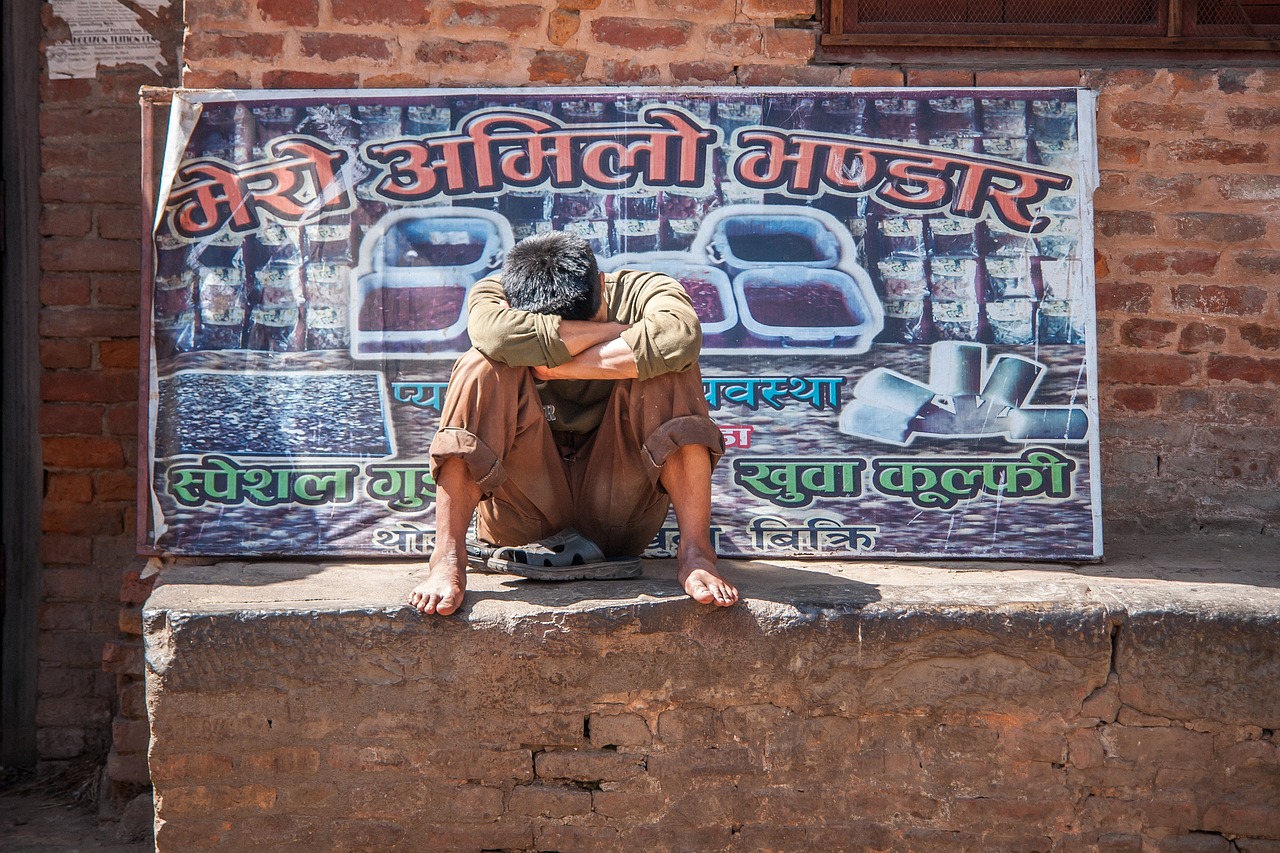Nepal Video
Cultural Sensitivities: Understanding Local Norms in Nepal
Nepal, known for its stunning landscapes, rich history, and vibrant culture, is a popular destination for travelers from around the world. However, it is essential to understand and respect the local norms and cultural sensitivities while visiting this beautiful country. By familiarizing yourself with the customs and traditions of Nepal, you can ensure a more enjoyable and harmonious experience. This article will explore various aspects of cultural sensitivities in Nepal, providing valuable insights for travelers.
Religion and Spirituality
- Hinduism: Hinduism is the predominant religion in Nepal, with a majority of the population identifying as Hindus. Respect for Hindu customs and traditions is crucial. Avoid touching or disturbing religious objects and be mindful of your attire when visiting temples or holy sites.
- Buddhism: Buddhism is also widely practiced in Nepal, particularly in the Himalayan regions. When visiting Buddhist monasteries or shrines, maintain a respectful demeanor and follow any specific guidelines provided by the monks or nuns.
- Religious Festivals: Nepal celebrates numerous religious festivals throughout the year. If you happen to visit during a festival, embrace the opportunity to witness the vibrant celebrations and respect the local customs associated with each festival.
Image: 
Greetings and Etiquette
- Namaste: The traditional Nepali greeting is “Namaste,” accompanied by a slight bow with hands pressed together in a prayer-like gesture. It is customary to greet people with Namaste, especially elders and people in positions of authority.
- Removing Shoes: In many Nepali homes and religious sites, it is customary to remove your shoes before entering. Pay attention to whether others are removing their shoes and follow suit.
- Respecting Personal Space: Nepali culture places importance on personal space. Avoid standing too close or touching people, especially of the opposite gender, unless you have a close relationship or are in a casual setting.
Food and Dining
- Use Right Hand: In Nepali culture, the left hand is considered unclean. When eating, always use your right hand to handle food, as the left hand is typically reserved for personal hygiene.
- Sharing Food: Sharing food is a common practice in Nepal. If someone offers you food, it is polite to accept, even if you only take a small portion.
- Dining Etiquette: When dining with Nepali hosts, wait for them to start eating before you begin. It is customary to eat with your hands, but utensils are also provided in many places.
Dress Code
- Modest Attire: While Nepal is generally tolerant of different styles of clothing, it is advisable to dress modestly, especially when visiting religious sites or rural areas. Avoid revealing clothing or attire that may be considered disrespectful.
- Covering Shoulders and Knees: When visiting temples or monasteries, it is customary to cover your shoulders and knees as a sign of respect.
- Traditional Attire: Embrace the opportunity to wear traditional Nepali attire, such as a saree or daura suruwal, during cultural events or festivals. This can be a gesture of appreciation for the local culture.
Taboos and Superstitions
- Caste System: Nepal has a complex caste system, and discussions about caste can be sensitive. Avoid asking personal questions related to caste and treat everyone with equal respect.
- Left Hand Gestures: Using your left hand for gestures like pointing, offering items, or eating is considered impolite in Nepali culture.
- Feet and Head: Touching someone’s head or pointing your feet towards another person or religious objects is considered disrespectful. Be mindful of your gestures and body language.
Gender Roles and Social Interactions
- Gender Equality: While Nepal has made significant progress in gender equality, some traditional gender roles and expectations may still persist. Respect local customs and be mindful of gender dynamics when interacting with locals.
- Public Affection: Public displays of affection, such as kissing or hugging, are not common in Nepali culture. It is best to avoid such displays in public to respect local sensibilities.
- Communication Style: Nepali communication style tends to be polite and indirect. Be patient and attentive while engaging in conversations, allowing others to express themselves fully.
Environmental Awareness
- Responsible Tourism: Nepal’s natural beauty is a treasure that must be preserved. Practice responsible tourism by respecting the environment, avoiding littering, and following designated trails while trekking.
- Wildlife Conservation: Nepal is home to diverse wildlife, including endangered species. Support ethical wildlife tourism and refrain from participating in activities that exploit or harm animals.
- Respecting Nature: Nepali culture has deep-rooted respect for nature. Avoid damaging or removing natural resources, such as plants or stones, and be mindful of your impact on the environment.
Image: 
Health and Hygiene
- Water and Food Safety: Drink only bottled or filtered water and ensure that the food you consume is hygienically prepared. Be cautious when trying street food and opt for reputable establishments.
- Medical Precautions: Consult a healthcare professional before traveling to Nepal to receive necessary vaccinations and medications. Carry a basic first aid kit and maintain good personal hygiene.
- Respecting Local Practices: Nepal has various traditional healing practices, such as Ayurveda and traditional medicine. While these practices may be intriguing, it is essential to approach them with respect and consult qualified practitioners.
Etiquette for Photography
- Ask Permission: When photographing individuals, especially locals, always ask for their consent. Respect their privacy and be mindful of cultural sensitivities regarding photography.
- Religious Sites and Monuments: Some religious sites and monuments may have restrictions on photography. Observe and follow any signage or instructions provided at these locations.
- Don’t Exploit: Avoid using photography as a means of exploiting local communities or traditions. Capture the beauty of Nepal responsibly and ethically.
Conclusion
Visiting Nepal offers a remarkable opportunity to immerse yourself in a vibrant and diverse culture. By understanding and respecting the local norms and cultural sensitivities, you can contribute to a more meaningful and harmonious travel experience. Remember to approach each interaction with an open mind, willingness to learn, and a genuine appreciation for the rich heritage of this beautiful country.
References
– nepaltourismboard.org
– lonelyplanet.com
– nepal.com
– himalayanglacier.com
– adventurealternative.com


